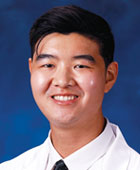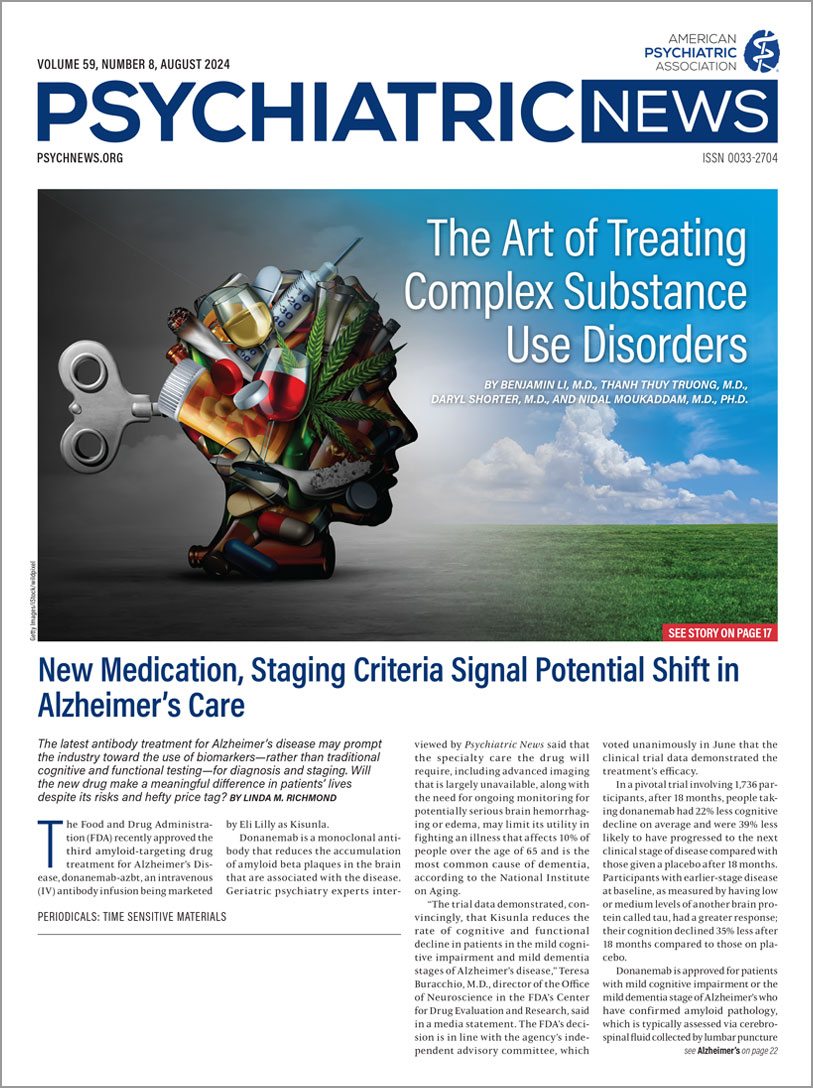One of the most alluring aspects of psychiatry as an interested M.D./Ph.D. student is the immense potential for growth and discovery. Our current understanding of the human psyche is a work in progress.
A few of the research topics recently garnering my attention are psychedelic-assisted therapies for intractable psychiatric conditions, interactions between the immune system and brain function, and computational approaches that promise to usher in elusive predictive and diagnostic markers for psychiatric conditions. But until the next paradigm-shifting breakthroughs occur, what do I hope to see for the future of psychiatry? Amid a rapidly changing landscape, I hope that psychiatry will remain steadfast in its commitment to one of its foundational processes—the therapeutic alliance.
There is an inescapable element of subjectivity in psychiatry. The details of emotional or other internal states can be known only if they are intentionally revealed. While the diagnosis of a psychiatric disorder requires the presence of clinically significant distress, an individual’s subjective internal state of distress can be appreciated only if communicated by the person affected.
Only then can it be assessed through observation and probed through words. Words have the potential to convey information with depth, subtlety, and nuance. Of course, words are also limited in the sense that they are not objective, impartial tools like an X-ray or ultrasound machine. Words can be honest, or they can be deceitful. But they are the primary medium through which one’s hidden internal states are communicated and currently represent psychiatry’s best tool for exploration. I see words as psychiatry’s scalpel.
Trust, an integral part of the therapeutic alliance, is built on actions but also words. Psychiatrists must trust their patients’ words are truthful. In turn, patients must trust that psychiatrists say what they mean and mean what they say. As a betrayal of trust in either direction can be devastating to the therapeutic relationship, this delicate balance of trust must be nurtured and protected to allow healing to take place.
Human beings see themselves as experts in their narrative and arbiters of their truth. Psychiatrists are trained experts in mental disorders. As a medical student shadowing in psychiatry, I often saw that these two perspectives of patient and psychiatrist aligned. But there were times when patients’ and their psychiatrists’ perspectives seemed to clash. When that happened, it was through words that the parties managed to meet in the middle.
I believe the words of those receiving care should always be heard. Psychotic or manic discourses can easily be dismissed if we decide that it is the patients’ mania or psychosis “doing the talking.” Patients’ appraisal of their care can also be trivialized, especially if their words are at odds with our own beliefs. Instead, I learned that when a doctor listens to a patient expressing incomprehension, trepidation, or disagreement, the patient often engages more authentically. When patients feel harmed by an aspect of care they received, I have learned to ask: Why did you not feel supported? What can I do to regain your trust and align our priorities?
As an individual, I have seen how the very systems put into place to protect the most vulnerable patients—those with serious mental illness—caused irrefutable harm to someone very near to me. I view these unintentional consequences as valuable opportunities for curiosity and connection. The therapeutic alliance is jeopardized otherwise.
With this guiding principle, I am eager to join the field of psychiatry. Research advances will likely change the way psychiatry is practiced. Rather than wait for these discoveries with bated breath, we can use the tools we have to the best of our abilities. This includes the therapeutic alliance, which should remain a cornerstone. I have learned that lived experiences have irreplaceable value, and listening to patients with interest and curiosity can provide transformative insight and help heal. I am consistently inspired by the integrity and compassion of my peers and mentors in psychiatry, and I am excited to cultivate the therapeutic alliance alongside them one day. ■

